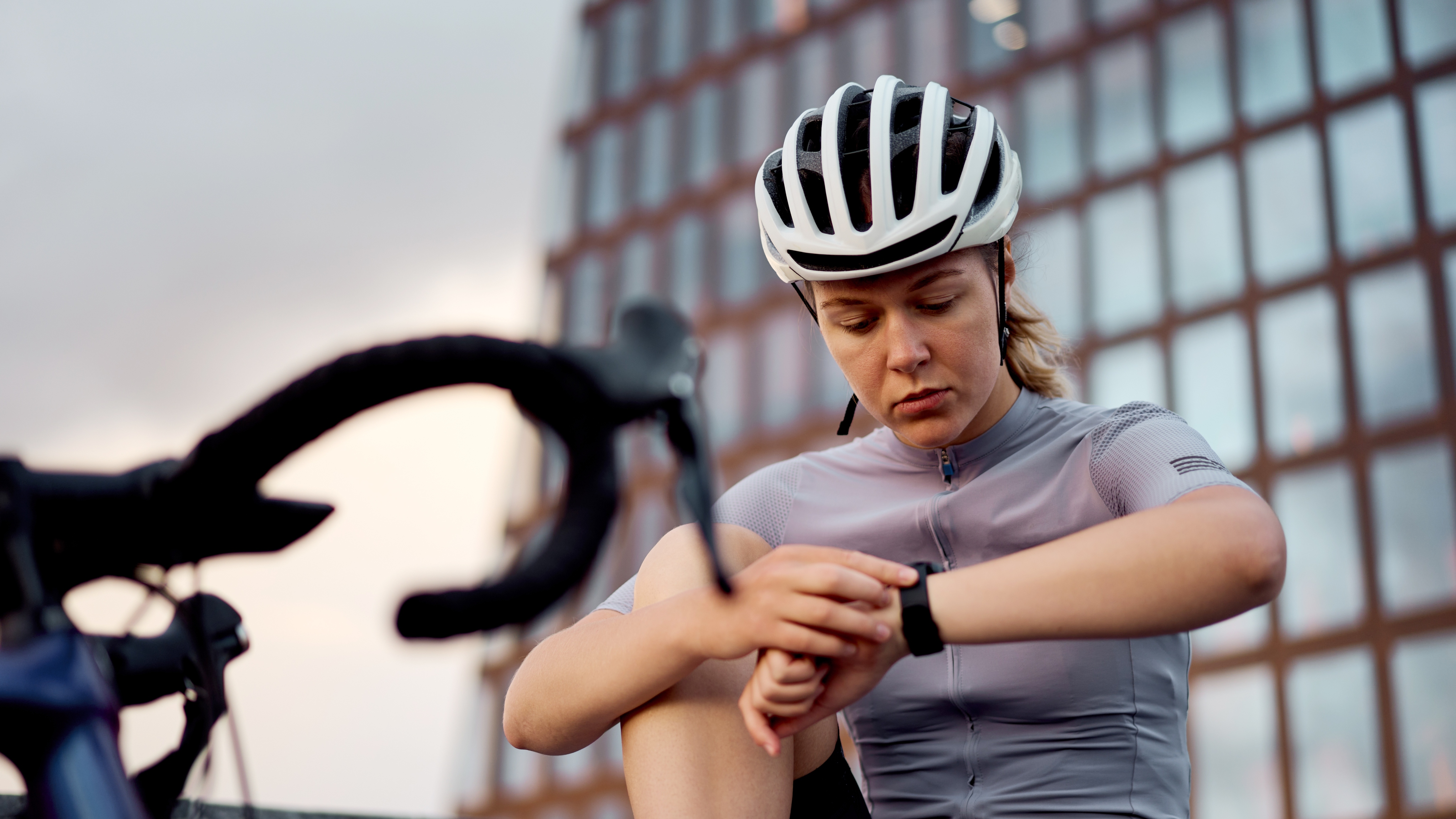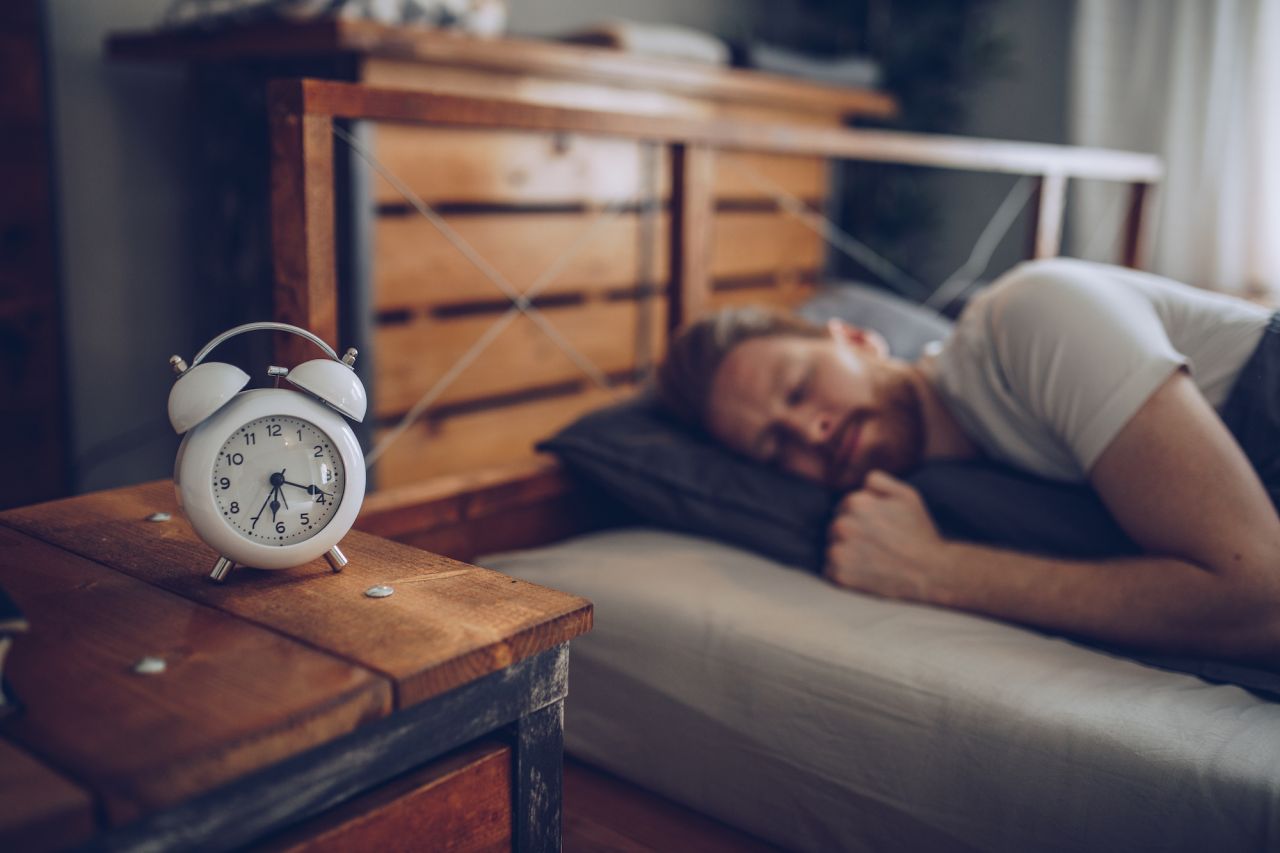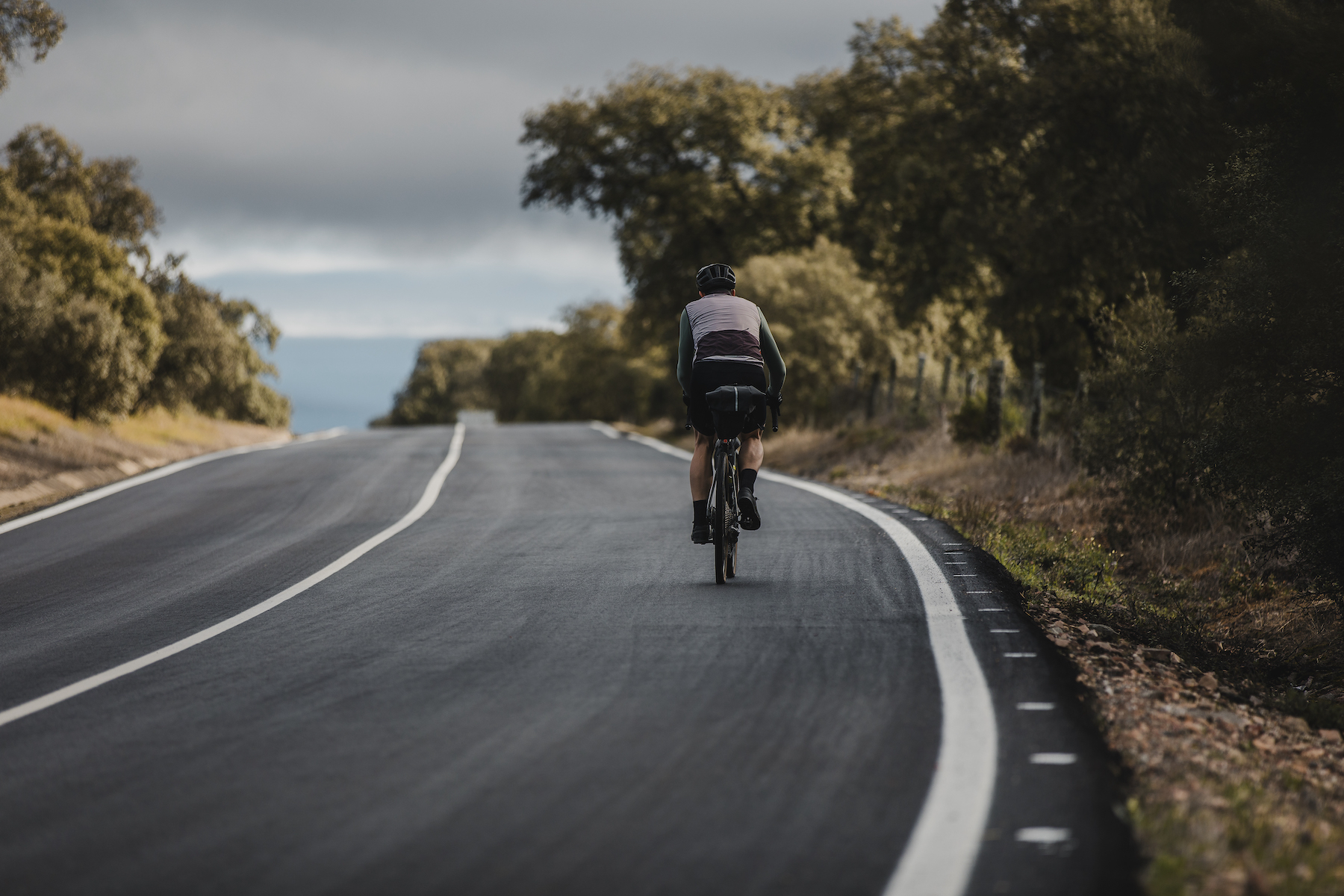Three reasons you absolutely shouldn't buy a smartwatch
The truth isn't always a metric you want displayed on your wrist, it turns out


I’ve had an-upwards-of-£500 device strapped to my wrist at all times for over a year, and I'm not entirely sure it’s making me a better athlete. In fact, it might just be creating a giant watch strap tan line, and, contributing to mild sleep deprivation anxiety.
It’s not that the smartwatch fails to perform in any area in which it professes to do so. The wrist-based robot records rides, runs, swims, strength sessions and anything else I do that remotely raises my heart rate with almost irritating accuracy.
There's a plethora of omnipresent personal assistants available that will record all of the activities - and non-activities - that relate to your overall fitness and well-being. Whether you actually want one on your person is the question.
Sleep tracking won't help your insomnia

Sleep is an integral piece of the performance puzzle. Getting enough quality kip is so important, that FDJ-Suez even took a hypnosis chamber to the Tour de France Femmes Avec Zwift, in a bid to help their athletes recover better and therefore ‘go again tomorrow’ to superlative effect.
However, newsflash: being hyperaware of your inability to sleep may be detrimental to your ability to sleep. Being a mother to a 13-month-old means I’ve had my fair share of sleep disturbance over the last 22 months, culminating in occasional sleep malfunctions myself now that the initial disrupter (sometimes, appears to, let’s not jinx it) snoozes a bit better. So perhaps I’m not an example of the target audience when it comes to optimising sleep for athletic performance.
Target audience, or not, what I do know is that having a flashing green light bleep at me from the underside of an oversized watch, all night, reminding me of the fact I'm not asleep, does not contribute to good 'sleep hygiene'.
For amateurs, life sometimes gets in the way. A lot of us are parents, many have stressful jobs, some of us just like to hit the g&ts, load up on pizza, and re-watch Breaking Bad for the third time in a row, far too late at night. In the unlikely event that all three apply, on balance, I’d rather not know how far off the magic eight hours I was.
Aiming to walk an arbitrary number of steps a day isn’t always helpful

Walking is good for you, really good, in fact. Walking is a low intensity activity that reminds your collection of limbs and organs that sitting all day is not a beneficial activity for any human being - especially one who wants their glutes to actually function when they stand up. Studies have shown that walking can help combat insulin spikes after eating, too.
The problem comes when we introduce an arbitary target, and dangle it in front of the nose of a person pre-disposed to chasing numbers. Walking 10,000 steps a day really is a good goal to have, but my reality is that some days I’ll cover 25,000 - half of which wearing an 11kg toddler - and other days, I’ll clock less than 3,000.
I hear the argument that seeing the lowly target every time I adjust my wrist to type a few more words should perhaps prompt me to take a break and head out for a jaunt around the neighborhood. And I’ll take the dictator on my wrist up on that suggestion, right about the time it learns to reply to emails, interview riders, and tell stories (though with the progression of AI tech, perhaps, I should be careful what I wish for).
Training recommendations can take the fun out of fitness
A post shared by Michelle Arthurs-Brennan (@ridewriterepeat)
A photo posted by on
As may have become apparent, my current approach to fitness is more ‘sporadic’ than ‘spotless’, more ‘ordinary’ than ‘optimised’. My watch has not got the memo, and it’s determined to help me return to the fitness levels I had before I drastically re-arranged my life and priorities.
The base training that my watch wants me to get stuck into would probably be really good for me. Except, it’s boring. A low intensity three-hour endurance bike ride might aid a return to fitness in the long run, but all I want to do is get out on the South Downs with friends, and try not to get out-sprinted running 400 metre reps at my local Crossfit gym. None of that is on the radar for my little wrist based friend, who has taken to screaming at me like the Fun Police dropping in at Abba Voyage and asking everyone to remove their celebratory headware.
So, you see, a smartwatch will absolutely help you to become a stronger, fitter, better cyclist - if that’s your goal. If, however, you’re just not in ‘that place’, right now, then swapping it for a £10.99 Casio might be a better option. That way, you can keep the tan line, too.

Thank you for reading 20 articles this month* Join now for unlimited access
Enjoy your first month for just £1 / $1 / €1
*Read 5 free articles per month without a subscription

Join now for unlimited access
Try first month for just £1 / $1 / €1
Get The Leadout Newsletter
The latest race content, interviews, features, reviews and expert buying guides, direct to your inbox!
Michelle Arthurs-Brennan the Editor of Cycling Weekly website. An NCTJ qualified traditional journalist by trade, Michelle began her career working for local newspapers. She's worked within the cycling industry since 2012, and joined the Cycling Weekly team in 2017, having previously been Editor at Total Women's Cycling. Prior to welcoming her first daughter in 2022, Michelle raced on the road, track, and in time trials, and still rides as much as she can - albeit a fair proportion indoors, for now.
Michelle is on maternity leave from April 2025 until spring 2026.
-
 'This is the marriage venue, no?': how one rider ran the whole gamut of hallucinations in a single race
'This is the marriage venue, no?': how one rider ran the whole gamut of hallucinations in a single raceKabir Rachure's first RAAM was a crazy experience in more ways than one, he tells Cycling Weekly's Going Long podcast
By James Shrubsall
-
 Full Tour of Britain Women route announced, taking place from North Yorkshire to Glasgow
Full Tour of Britain Women route announced, taking place from North Yorkshire to GlasgowBritish Cycling's Women's WorldTour four-stage race will take place in northern England and Scotland
By Tom Thewlis